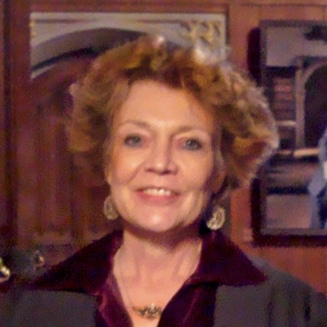What Remains? The Dialectical Identities of Eastern Germans
Book Presentation with Joyce Mushaben
Speaker:
Professor Joyce Mushaben, Adjunct Faculty member in the BMW Center for German & European Studies at Georgetown University and a Curators’ Distinguished Professor of Comparative Politics (Emerita) at the University of Missouri-St. Louis
Moderator:
Dr. Eric Langenbacher, Senior Fellow and Director of the Society, Culture & Politics Program at AGI
What Remains? The Dialectical Identities of Eastern Germans tells the story of the German Democratic Republic (GDR) through analyzing social identities of differing sub-societal groups in eastern Germany. These groups include GDR writers, intellectuals; pastors and dissidents; women; youth; and working-class men. The “dialectical” components treated in this work center on the extent to which eastern identities were lost, found and reconfigured across three generations, first from 1949-1989, then from 1990-2020. This book explores how the East German state, as well as the formal and informal socialization processes it engendered, affected not only diverse expectations regarding national unity but also importantly—and more controversially—issues and challenges directly related to post-unification developments, conditions, and treatment of eastern Germans by often more privileged western Germans.

Joyce Marie Mushaben is a Curators’ Distinguished Professor of Comparative Politics (Emerita) at the University of Missouri-St. Louis and an Adjunct Faculty member in the BMW Center for German & European Studies at Georgetown University. Mushaben also serves on the International Advisory Board of Gender5 Plus, an EU feminist think-tank. Having spent over 18 years living and researching in Germany, her early work focused on new social movements such as peace, ecology, feminism, anti-nuclear protests, and neo-Nazi activism, as well as German national identity and generational change. She then moved on to European Union developments involving women’s leadership, gender policies, citizenship, migration and asylum policies, Euro-Islam debates and comparative welfare state reforms. She received her PhD from Indiana University in 1981.
Prof. Mushaben has secured numerous international grants, including fellowships from the German Academic Exchange Service (DAAD), the German Marshall Fund, the Fulbright Foundation and the Alexander von Humboldt Foundation. She has served as a visiting scholar at the GDR Academy for Social Sciences and the Central Institute for Youth Research (East Germany) and the Chinese Academy for Social Sciences. In 1989/90 she served as a Ford Foundation Fellow at the American-German Institute, and in 1990-1991 became the first Research Fellow in the new Center for German & European Studies at Georgetown University. She also taught as a Visiting Professor at the Ohio State University, Washington University (St. Louis), as a Senior Fulbright Lecturer in Erfurt, and at universities in Stuttgart, Tübingen and Berlin.
This event is supported with funds from The Harry and Helen Gray Program.






